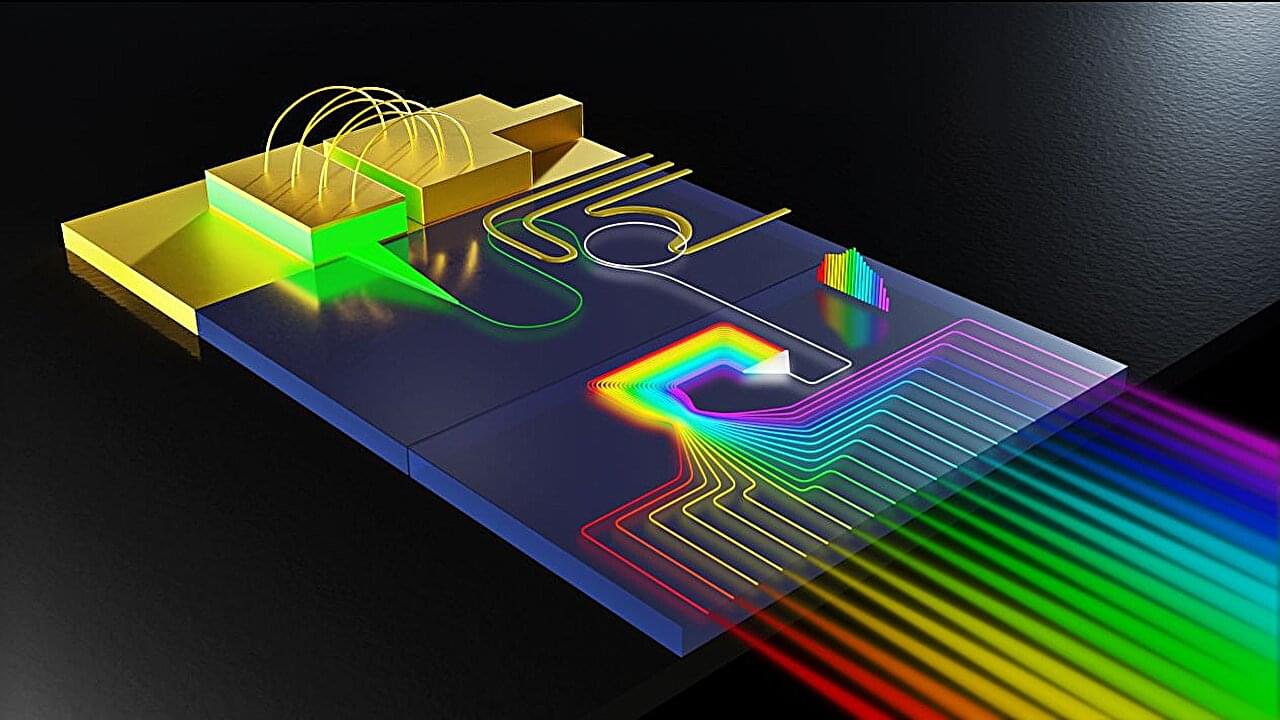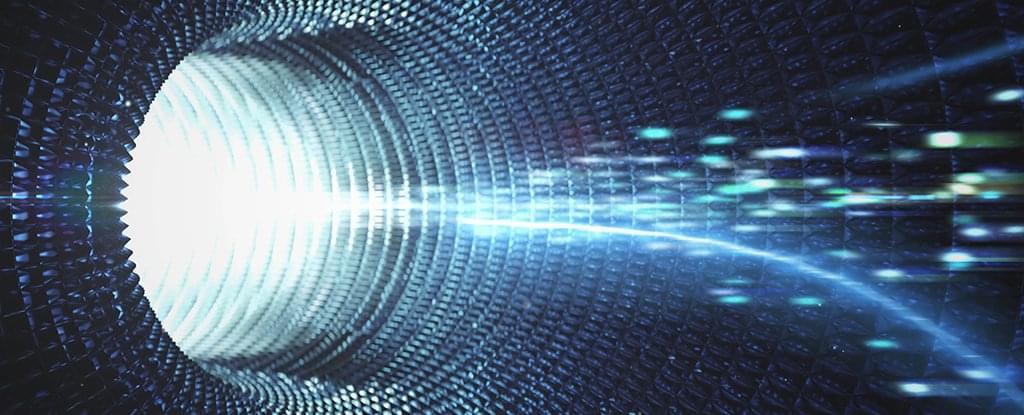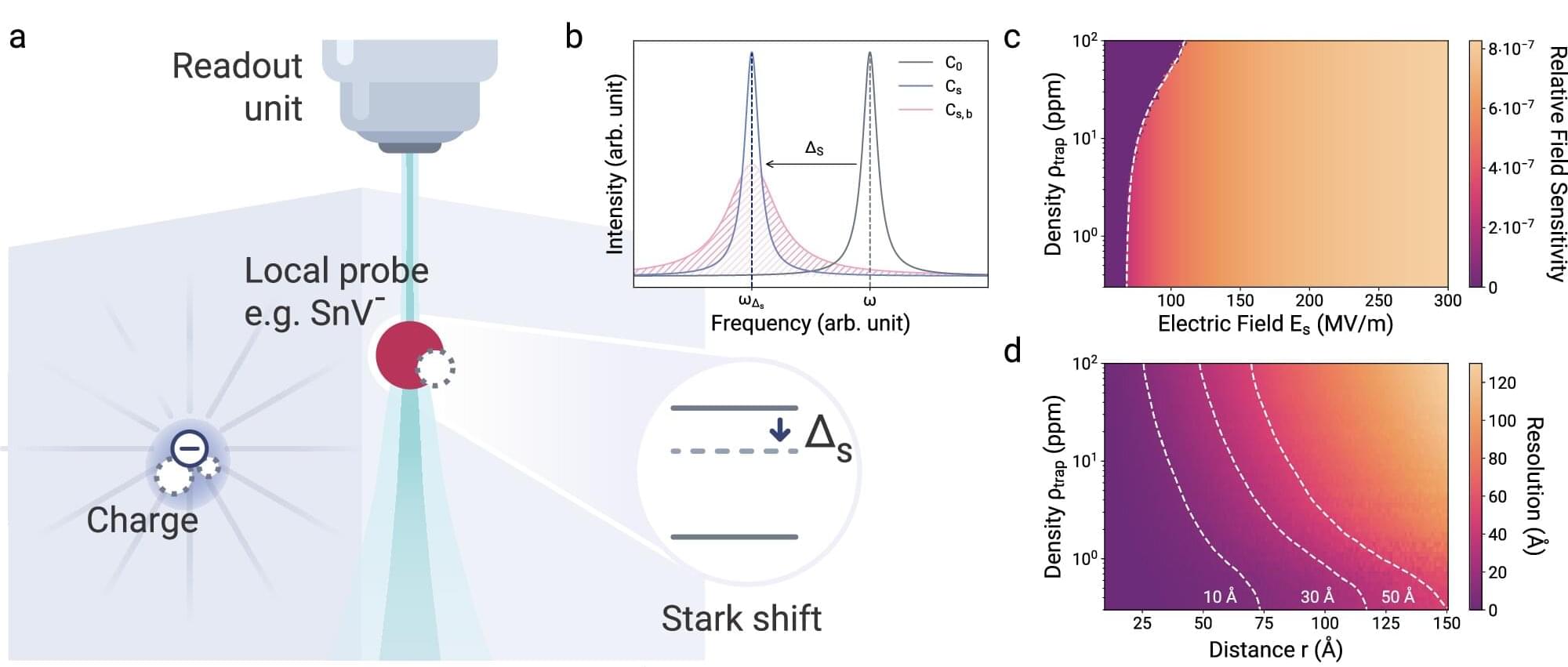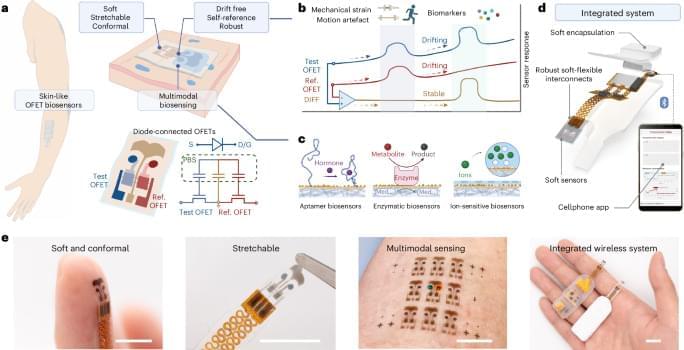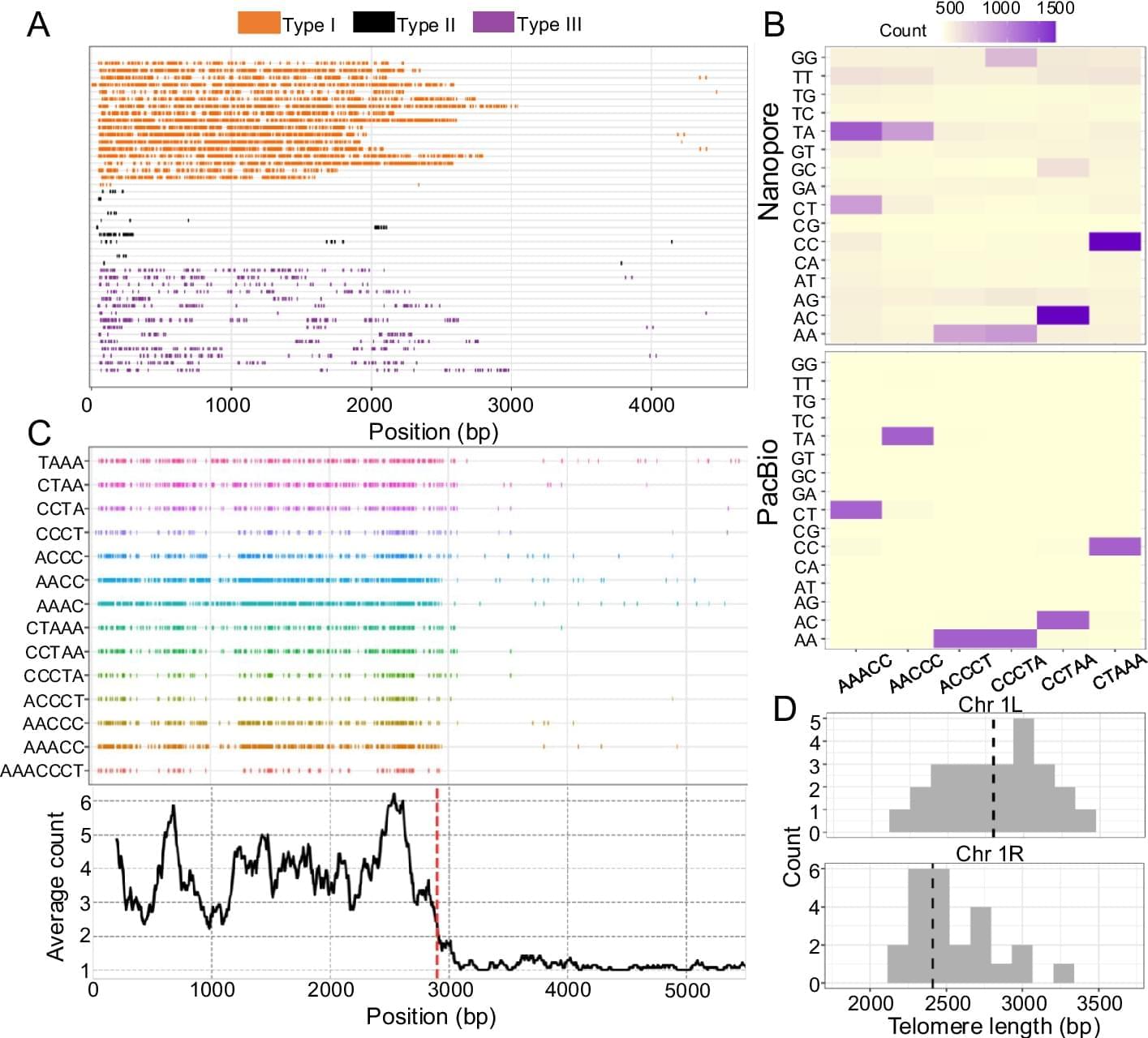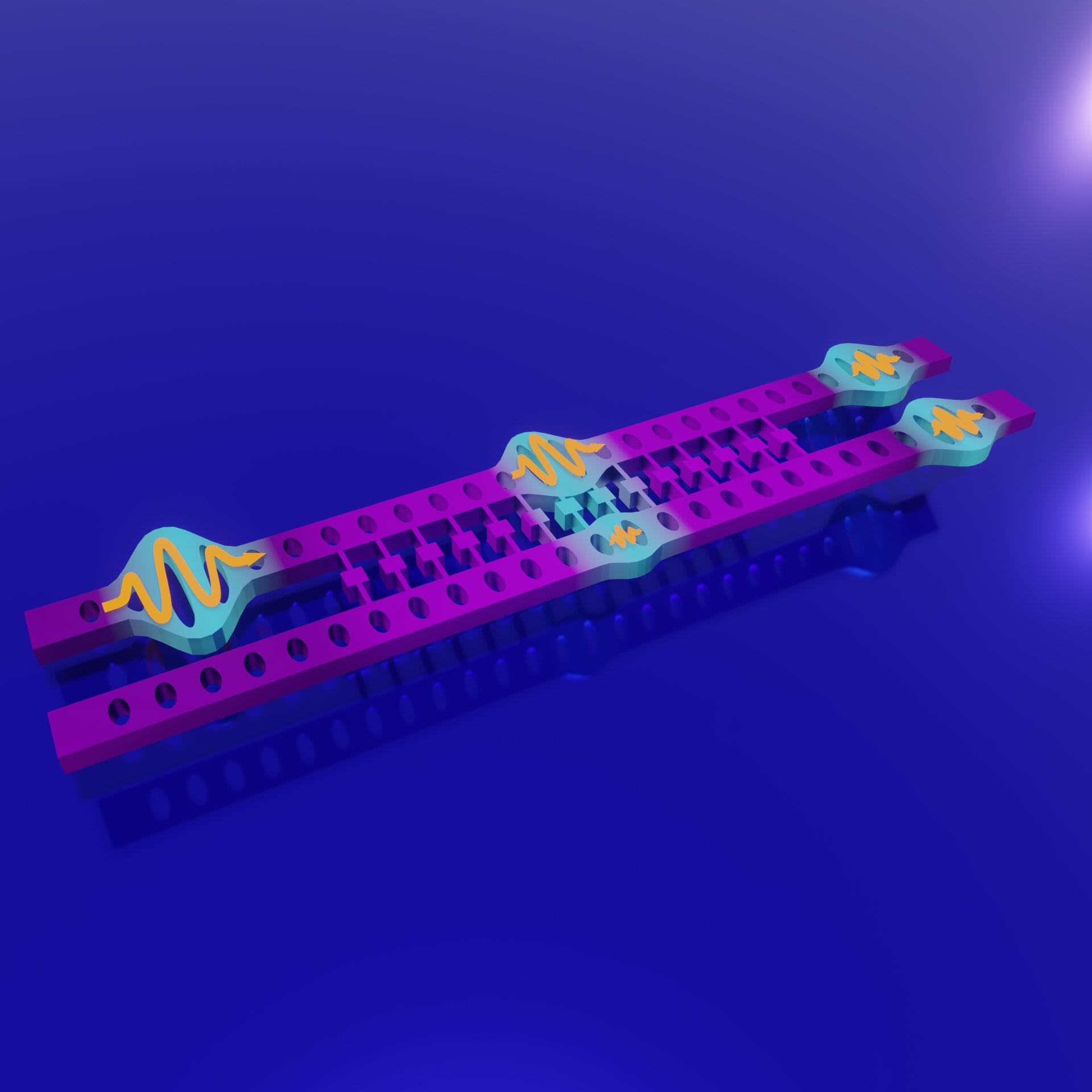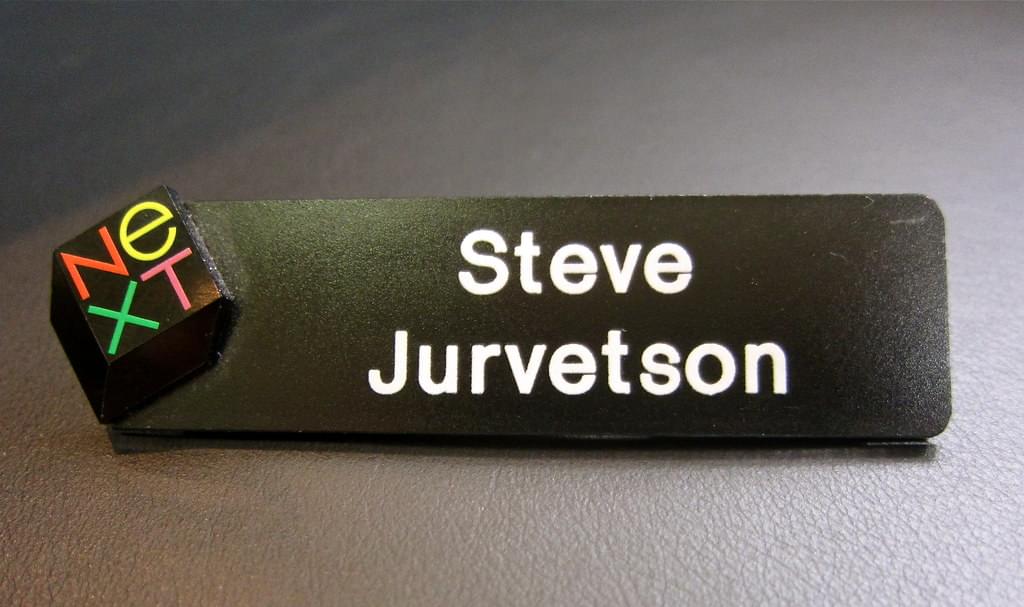For the special tribute issue of BusinessWeek that is coming out tomorrow, I tried to honor Steve Jobs in a small way with my memories of the NeXT days. Here is the version I wrote (the print edition has several sentences edited out) with some italics added to summary sections:
The book of Jobs, a parable of passion Steve Jobs was intensely passionate about his products, effusing an infectious enthusiasm that stretched from one-on-one recruiting pitches to auditorium-scale demagoguery. It all came so naturally for him because he was in love, living a Shakespearean sonnet, with tragic turns, an unrequited era of exile, and ultimately the triumphant reunion. At the personal and corporate levels, it is the archetype of the Hero’s Journey turned hyperbole. The NeXT years were torture for him, as he was forcibly estranged from his true love. When we went on walks, or if we had a brief time in the hallway, he would steer the conversation to a plaintive question: “What should Apple do?” As if he were an exile on Elba, Jobs always wanted to go home. “Apple should buy NeXT.” It seemed outrageous to me at the time; what CEO of Apple would ever invite Jobs back and expect to keep their job for long? The Macintosh on his desk at NeXT had the striped Apple logo stabbed out, a memento of anguish scratched deep into plastic. The NeXTSTEP operating system, object-oriented frameworks, and Interface Builder were beautiful products, but they were stuck in what Jobs considered the pedestrian business of enterprise IT sales. Selling was boring. Where were the masses? The NeXTSTEP step-parents sold to a crowd of muggles. The magic seemed misspent. Jobs was still masterful, relating stories of how MCI saved so much time and money developing their systems on NeXTSTEP. He persuaded the market research firms IDC and Dataquest that a new computer segment should be added to the pantheon of mainframe, mini, workstation, and PC. The new market category would be called the “PC/Workstation,” and lo and behold, by excluding pure PCs and pure workstations, NeXT became No. 1 in market share. Leadership fabricated out of thin air. During this time, corporate partners came to appreciate Steve’s enthusiasm as the Reality Distortion Field. Sun Microsystems went so far as to have a policy that no contract could be agreed to while Steve was in the room. They needed to physically remove themselves from the mesmerizing magic to complete the negotiation. But Jobs was sleepwalking through backwaters of stodgy industries. And he was agitated by Apple’s plight in the press. Jobs reflected a few years later, “I can’t tell you how many times I heard the word ‘beleaguered’ next to ‘Apple.’ It was painful. Physically painful.” When the miraculous did happen, and Apple bought NeXT, Jobs was reborn. I recently spoke with Bill Gates about passion: “Most people lose that fire in the belly as they age. Except Steve Jobs. He still had it, and he just kept going. He was not a programmer, but he had hit after hit.” Gates marvels at the magic to this day. Parsimony Jobs was the master architect of Apple design. Often criticized for bouts of micromanagement and aesthetic activism, Steve’s spartan sensibilities accelerated the transition from hardware to software. By dematerializing the user interface well ahead of what others thought possible, Apple was able to shift the clutter of buttons and hardware to the flexible and much more lucrative domain of software and services. The physical thing was minimized to a mere vessel for code. Again, this came naturally to Jobs, as it is how he lived his life, from sparse furnishings at home, to sartorial simplicity, to his war on buttons, from the mouse to the keyboard to the phone. Jobs felt a visceral agitation from the visual noise of imperfection. When Apple first demonstrated the mouse, Bill Gates could not believe it was possible to achieve such smooth tracking in software. Surely, there was a dedicated hardware solution inside. When I invited Jobs to take some time away from NeXT to speak to a group of students, he sat in the lotus position in front of my fireplace and wowed us for three hours, as if leading a séance. But then I asked him if he would sign my Apple Extended Keyboard, where I already had Woz’s signature. He burst out: “This keyboard represents everything about Apple that I hate. It’s a battleship. Why does it have all these keys? Do you use this F1 key? No.” And with his car keys he pried it right off. “How about this F2 key?” Off they all went. “I’m changing the world, one keyboard at a time,” he concluded in a calmer voice. And he dove deep into all elements of design, even the details of retail architecture for the Apple store (he’s a named patent holder on architectural glass used for the stairways). On my first day at NeXT, as we walked around the building, my colleagues shared in hushed voices that Jobs personally chose the wood flooring and various appointments. He even specified the outdoor sprinkler system layout. I witnessed his attention to detail during a marketing reorganization meeting. The VP of marketing read Jobs’s e-mailed reaction to the new org chart. Jobs simply requested that the charts be reprinted with the official corporate blue and green colors, and provided the Pantone numbers to remove any ambiguity. Shifted color space was like a horribly distorted concerto to his senses. And this particular marketing VP was clearly going down. People Jobs’s estimation of people tended to polarize to the extremes, a black-and-white thinking trait common to charismatic leaders. Marketing execs at NeXT especially rode the “hero-shithead rollercoaster,” as it was called. The entire company knew where they stood in Jobs’s eyes, so when that VP in the reorg meeting plotted his rollercoaster path on the white board, the room nodded silently in agreement. He lasted one month. But Jobs also attracted the best people and motivated them to do better than their best, rallying teams to work in a harmony they may never find elsewhere in their careers. He remains my archetype for the charismatic visionary leader, with his life’s song forever woven into the fabric of Apple. Jobs now rests with the sublime satisfaction of symbolic immortality. — It was daunting to reflect on such a great man, from a refined set of exposures… but he was my childhood hero, and I convinced him to let me do a study of his management style while a lowly employee at NeXT. Nevertheless, I wondered if I captured his essence in those years of exile from Apple. So, I was floored when the BW editor wrote back “I think this piece is one of the best things I have ever read about Steve.” :))
